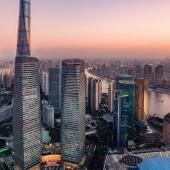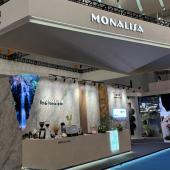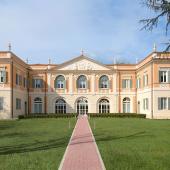Algeria builds an additional 1.4 million housing units
The country is launching a major new public housing programme called AADL3 with a special care to sustainable construction.
After energy, the other driving sectors of the Algerian economy are construction and building machinery and materials, further supported by the country’s substantial investments in housing policies and infrastructure projects.
These include a major initiative to supply more than 1.7 million new housing units nationwide over the five-year period 2020-2024. As recently noted by the Minister of Housing, Urban Planning and the City, Mohamed Tarek Belaribi, these housing projects were carried out using local building materials and attracted a total budget of US $35 billion.
According to the Algerian news platform Dzair Tube, Algeria is launching a major new public housing programme called AADL3 with the aim of adding 1.4 million new housing units.
This ambitious programme follows on from the success of its predecessors AADL1 and AADL2, which together involved the construction of more than 600,000 housing units. The AADL3 programme aims to address Algeria’s housing needs by significantly expanding access to home ownership and rental opportunities for a large segment of the population.
Minister Belaribi noted that the National Agency for Housing Improvement and Development (AADL) has become the largest real estate developer in the Mediterranean region due to the scope and scale of its ongoing public housing initiatives.
A key aspect of this programme is Algeria’s commitment to sustainable construction. As Minister Belaribi explained, all building materials used in the country are now produced locally, significantly reducing reliance on imports.
Finally, Algeria is exploiting the increased tax revenues generated by global gas demand to fund medium- and long-term projects, including infrastructure development. The focus is primarily on expanding the transport network, particularly motorways and railways, in order to connect even the less populated areas of the country where major industrial hubs are located.
According to forecasts by Global Data, the Algerian construction sector is projected to achieve an average annual growth rate of over 4% between 2025 and 2028. This growth will largely be driven by the government’s plan to generate a significant portion of its electricity from renewable sources by 2035. Experts unanimously agree that investment in oil, gas and hydrocarbon projects will also act as a key driver for the development of the Algerian construction market.
Did you find this article useful?
Join the CWW community to receive the most important news from the global ceramic industry every two weeks





















